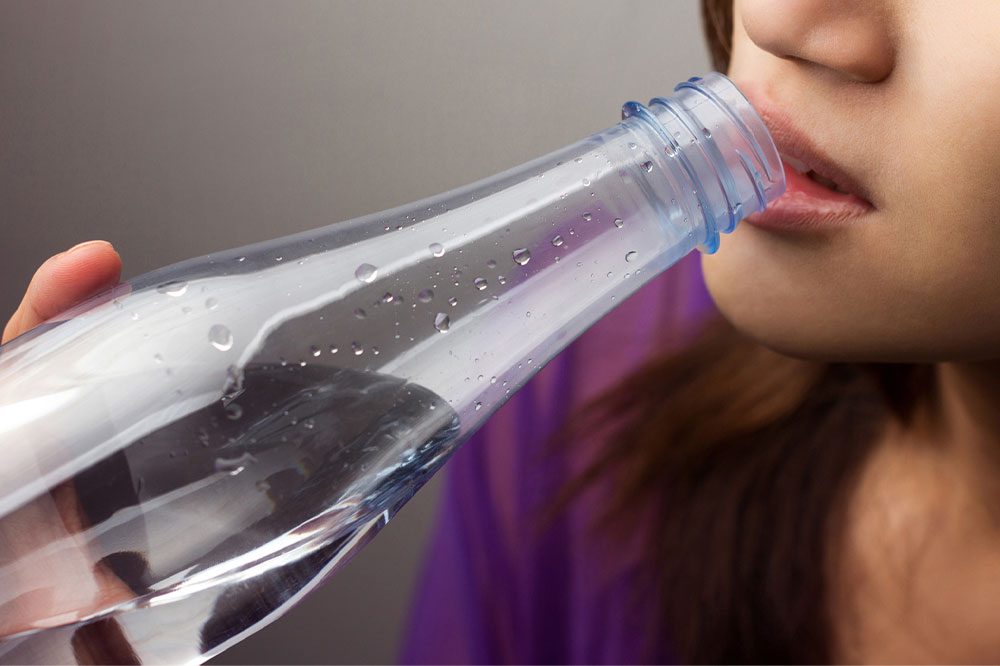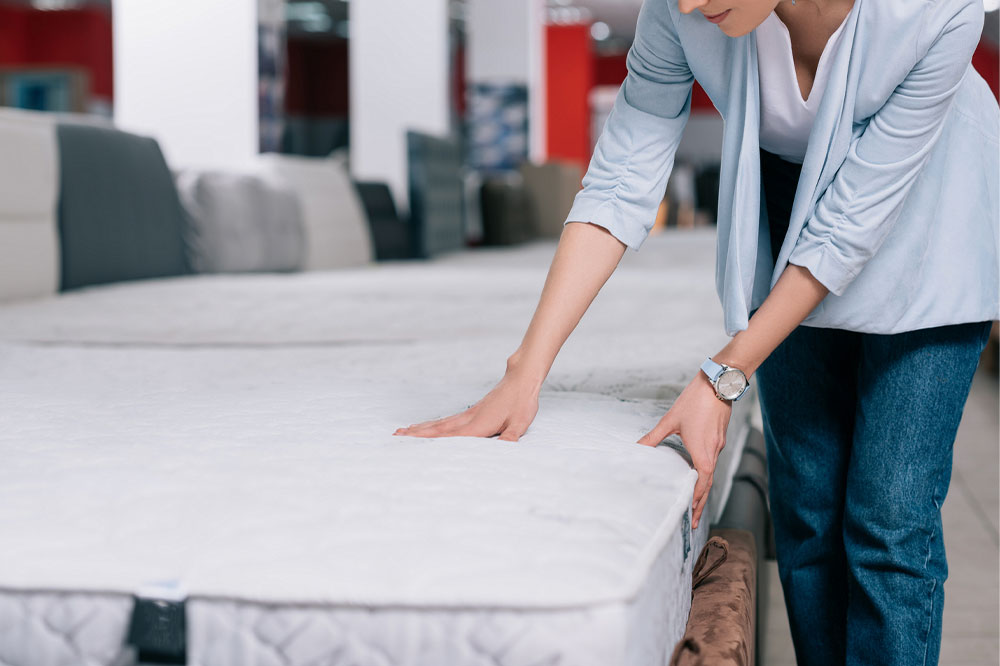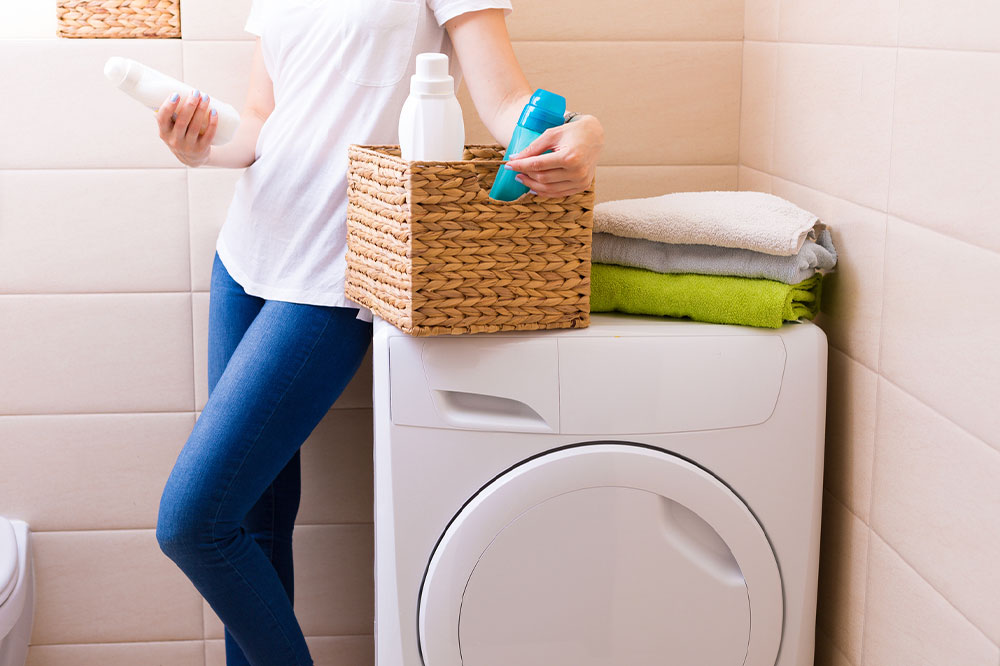10 Best Times to Drink Water

We all know how important it is to drink water daily to maintain our overall health and well-being. You can drink it hot, ice cold, or in other ways to satiate your thirst. Some also enjoy it infused with fruit. But did you know that drinking water can significantly impact your body? So join us as we break down the top ten best times to drink water during the day to meet your hydration goals.
When you feel hungry
You may think you are hungry, but you might be thirsty. Often, people do not realize that they are thirsty when they feel hungry. The brain tends to recognize both of these triggers as similar. So, before you scour through your pantry, drink some water. Wait a few minutes, and you will see how it satiates your urge to eat.
When you wake up
Instead of reaching out for your morning coffee, drink a glass or two of water first. Naturally, you did not drink any water in your sleep. So when you wake up, you are already dehydrated. Hence, having water when you wake up can help. You can also have coffee after hydrating yourself. The good news is that coffee also counts as fluid, and while a caffeinated beverage is usually dehydrating, moderate quantities of it do not leave you dehydrated. That said, coffee cannot replace water.
Before meals
Drinking a glass of water before any meal can be an excellent strategy for anyone who tends to overeat. Drinking water makes you feel somewhat fuller, reduces the amount of food you have, and prevents overeating. It is better if it is iced water. It is because chilly temperatures slow down digestion and lower your appetite.
During meals
Drinking water during meals aids in digestion. It helps soften the food, making it easier to digest and also helps avoid constipation. But do not drink excessive water during meals, as it dilutes stomach acid, which is crucial for breaking down food. Ideally, you should slowly sip water during meals to avoid overconsumption.
Before a workout
Hydration is imperative while you work out. Often, people only consume water after completing several sets of body workouts and cardio. But taking some sips of water before you start a physical activity is recommended. It keeps you from getting dizzy and dehydrated. Hence, always drink some water before you start your daily workout.
After a workout
Once you complete your workout, drink plenty of water to rehydrate your body. It also replenishes your muscles and body with minerals. Of course, the amount of water you consume depends on the temperature outside and your body weight, but drinking a glass of water is safe to replenish your energy levels and regulate your blood pressure.
Before bedtime
You lower the risk of stroke and heart attack if you hydrate yourself before bed and sleep, as dehydration increases the risk of cardiovascular diseases. Without realizing it, you might experience mild dehydration along with endothelial impairment. These changes occur when dehydration reaches a level of less than two percent, approximately the point where individuals typically begin to feel thirsty. Dehydration has a negative impact on your mood, which can be bad for your overall sleep cycle. Thus, it always helps to have some water before going to bed. Drink your last glass of water at least an hour before bed. It will save you from bathroom trips in the middle of the night.
When you feel stressed
Dehydration and stress are two independent factors that raise your cortisol levels. These can trigger unpleasant stress symptoms like fatigue, high blood pressure, and headaches. Often, people forget to stay hydrated or eat well when they are stressed. It only increases stress. Thus, when stressed, you are more susceptible to dehydration. Similarly, if you are dehydrated, you have a higher chance of feeling stressed. Hence, whenever you experience a stressful situation, take a few deep breaths, sit down, and have a big glass of water.
When you have a headache
One of the best remedies for a headache is hydration. When you consume caffeine in large quantities, your body feels dehydrated. It can result in headaches. Further, when you do not have adequate fluids in the body, it can lead to electrolyte imbalance, a common trigger for headaches. Thus, drinking some water after a caffeinated beverage helps balance things out and alleviates a headache. It will rehydrate your body and replenish the lost electrolytes. Therefore, the next time you experience a headache, drink some water.
Moreover, if you have migraines or headaches, you must continue to take small sips of water throughout the day. Carry a water bottle and drink a few sips every few hours. Whenever you feel a headache coming on, immediately drink a glass of water. It can prevent the pain from aggravating.
Mid-afternoon, when energy levels go down
Experiencing a decline in energy levels during the mid-afternoon, often referred to as the mid-afternoon dip, is a common occurrence typically observed around 3 p.m. Usually, it compels people to get a cup of coffee to push through the rest of the day. However, coffee can harm your sleep cycle. Taking caffeine even six hours before bedtime can disrupt your sleep cycle, just like having a sugary snack that leads to a sudden energy crash after a quick spike. So, instead of resorting to these solutions, tackle the underlying issue, which is dehydration. Beyond fatigue, dehydration also leads to feelings of depression, confusion, hostility, and anger. Thus, drinking water can be crucial.


